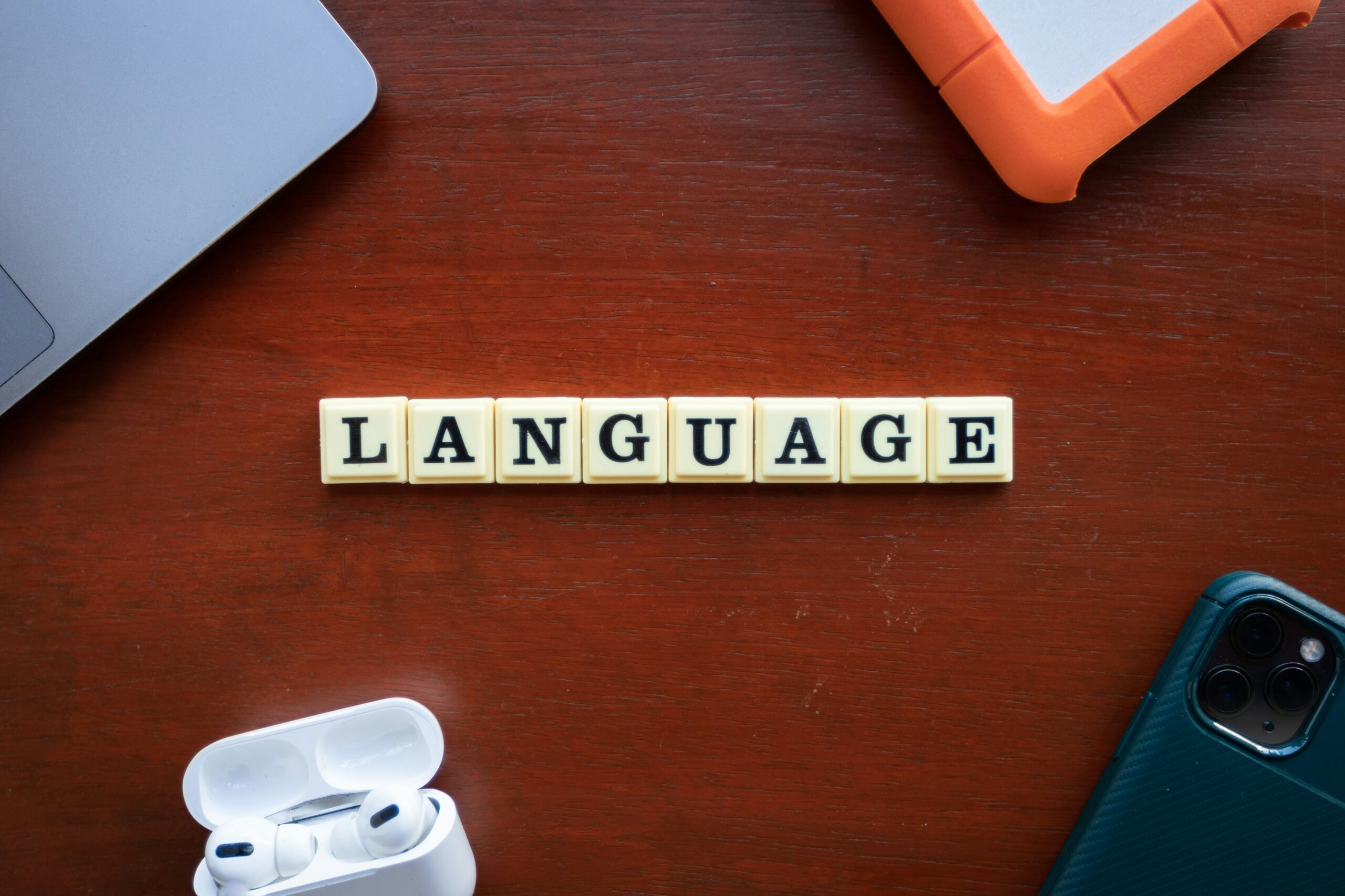Under U.S. trademark laws, there is a legal concept called the “Doctrine of Foreign Equivalence”(“DFE”). Essentially, the DFE prevents the registration of trademarks that violate U.S. trademark rules where foreign language words are used instead of English language words that have the same meaning. Thus, “blaue Milchviehbetriebe” and “fermes laitières bleues” are not registerable since they are just the German and French language versions of BLUE DAIRY FARM.
At the federal level, in the U.S., trademarks are registered by the U.S. Patent and Trademark Office (“USPTO”).
The DFE is a rule promulgated by the USPTO and has at least two aspects. First, the DFE recognizes that “a foreign word (from a language familiar to an appreciable segment of American consumers) and the English equivalent may be held to be confusingly similar.” Registration of a new trademark cannot be given if there is any “likelihood of confusion” in the minds of consumers between the new trademark and an already-existing trademark. Likelihood of confusion is one reason for the USPTO to deny a registration application. The USPTO translates the foreign word into English, and the issue of “likelihood of confusion” is evaluated based on the translation.
The second common issue evaluated by the USPTO is the lack of distinctiveness (or commonness) of the proposed trademark. Generally, a trademark must be distinctive. It cannot just be a description of the goods and services or a description of the type of business. Also, the proposed trademark cannot be a common, generic word for an industry. Lack of distinctiveness is another reason for the USPTO to deny a registration application. Thus, our example from above — BLUE DAIRY FARM — could not be registered as a trademark. The words are merely a description of the type of business using common words in the industry. The DFE requires the USPTO to translate foreign words into English and, then, evaluate the issue of distinctiveness based on the translation.
It should be said that the DFE is NOT limited to questions of confusion or of distinctiveness. Those just happen to be the most common ways in which the DFE results in the denial of an application for trademark registration. For example, generally speaking, registration will be denied if the proposed trademark contains offensive words. This generally means curse words. Foreign languages, of course, contain just as many curse words as English. Thus, as described above, pursuant to the DFE, the USPTO will translate the foreign words into English and then determine if the words are offensive based on the translation.
The DFE also applies to languages that use ideograms. Chinese is the most famous language that uses symbols representing words or concepts. However, the Koreans and Japanese also have similar writing systems (largely based on the Chinese system). Use of an ideogram in or as a trademark will trigger application of the DFE from the USPTO.
Contact the Trademark Attorneys at Revision Legal
For more information, contact the experienced Trademark Lawyers at Revision Legal. You can contact us through the form on this page or call (855) 473-8474.




